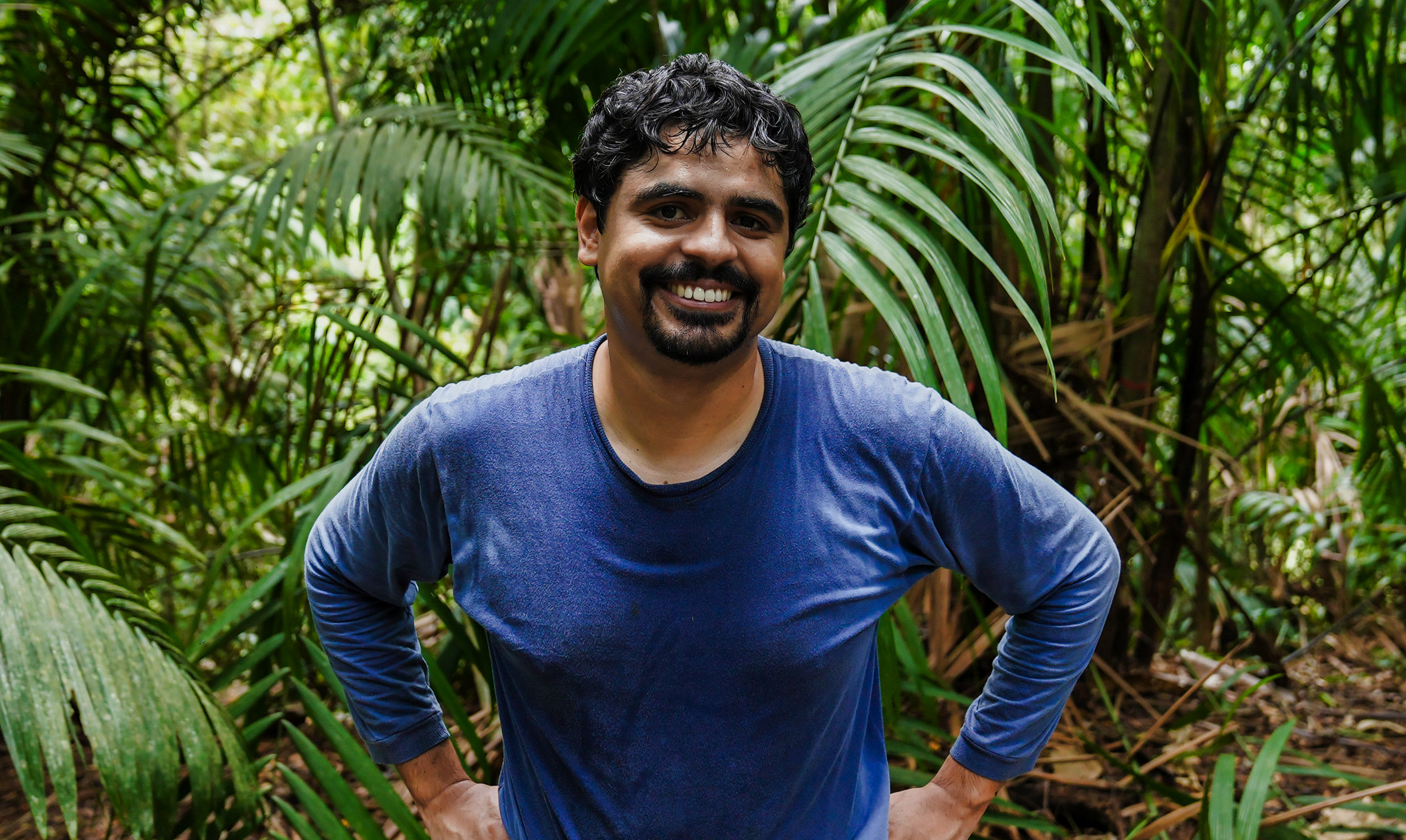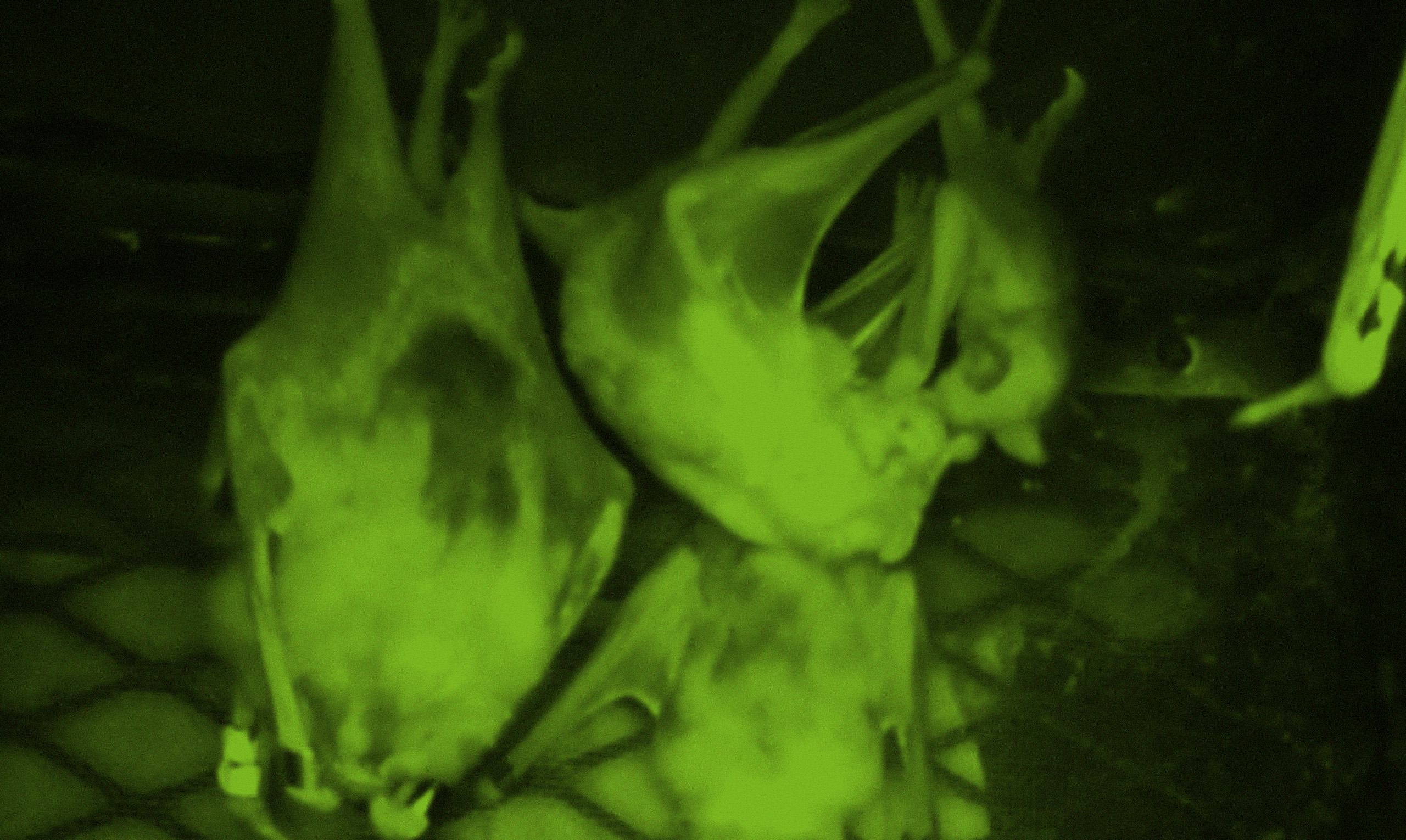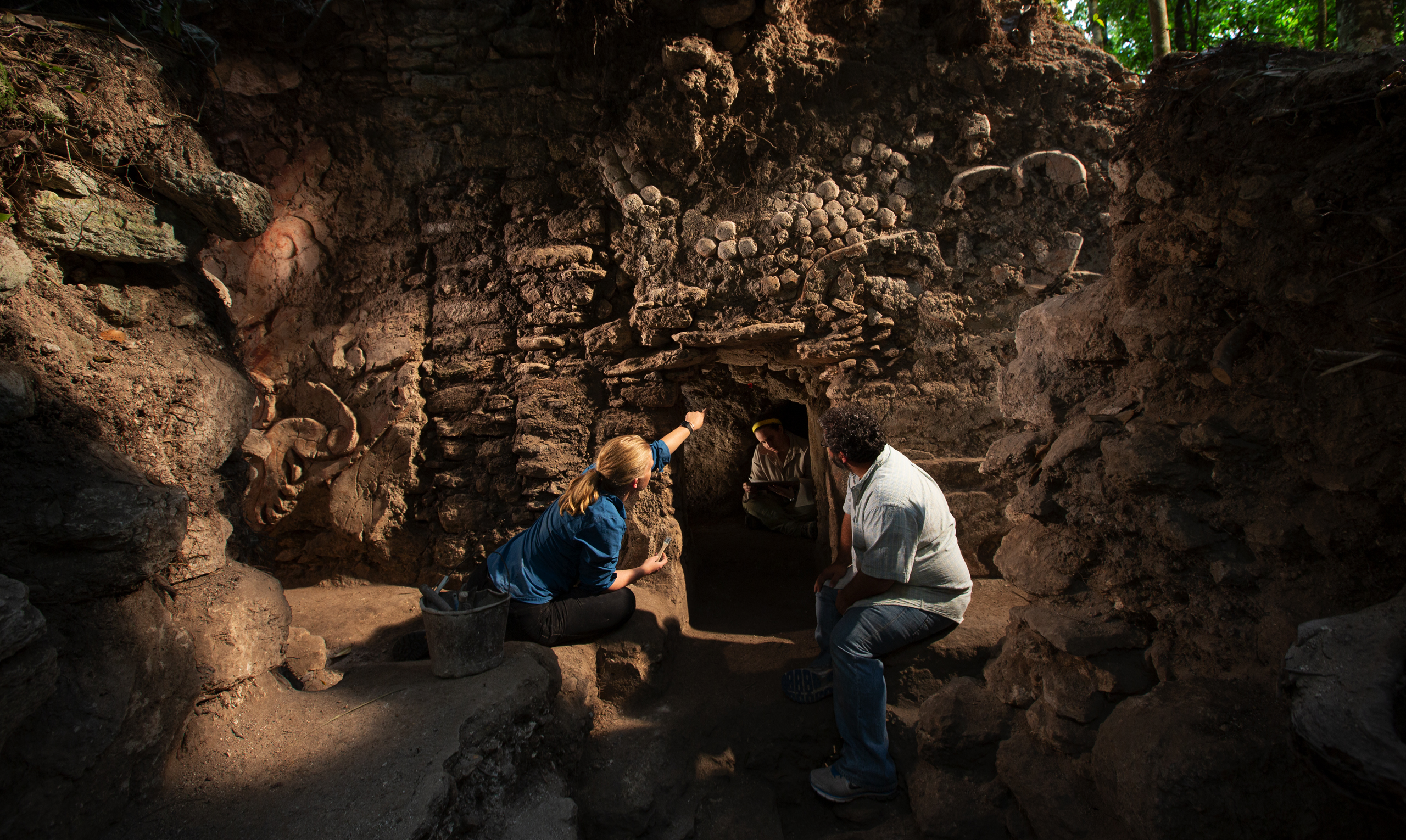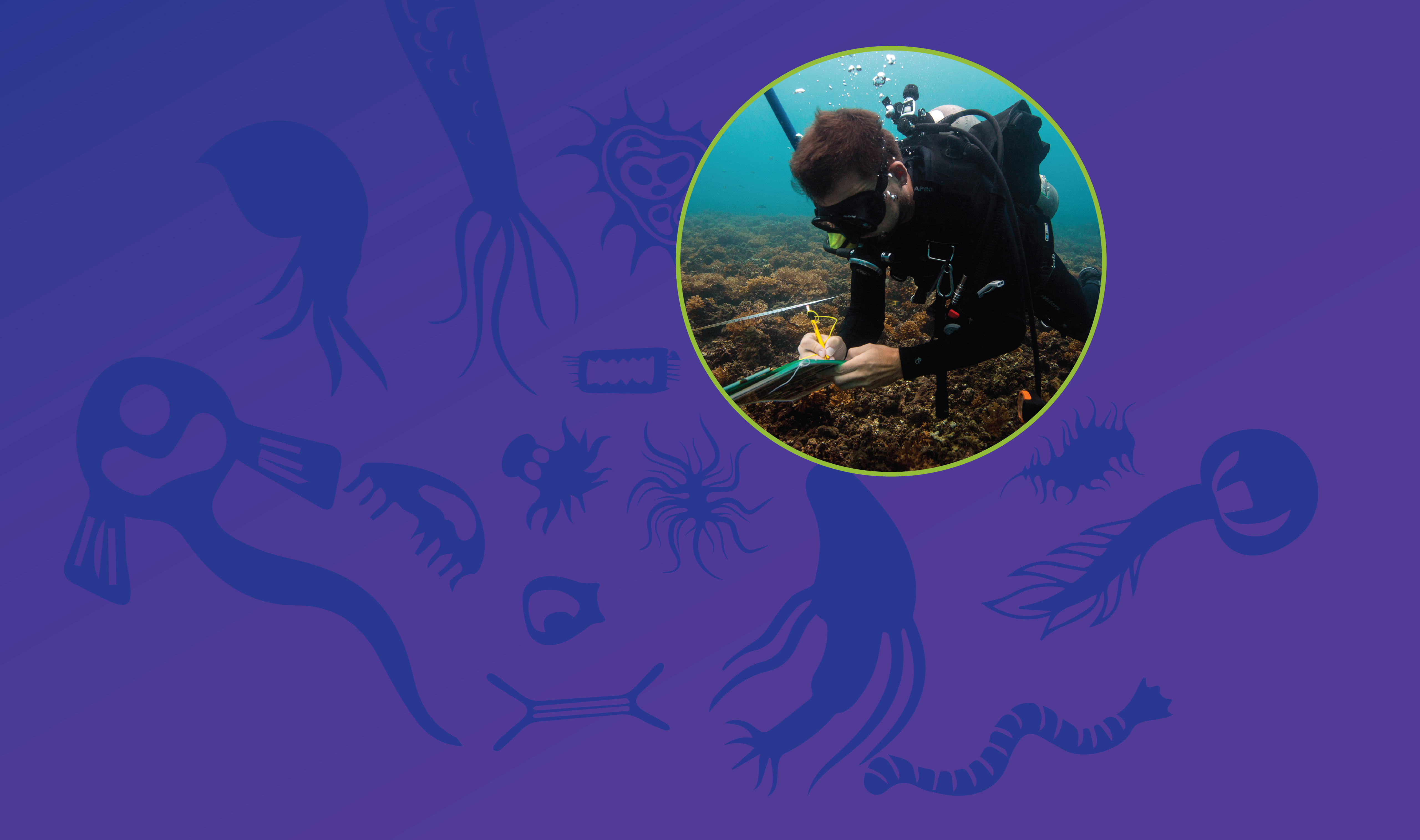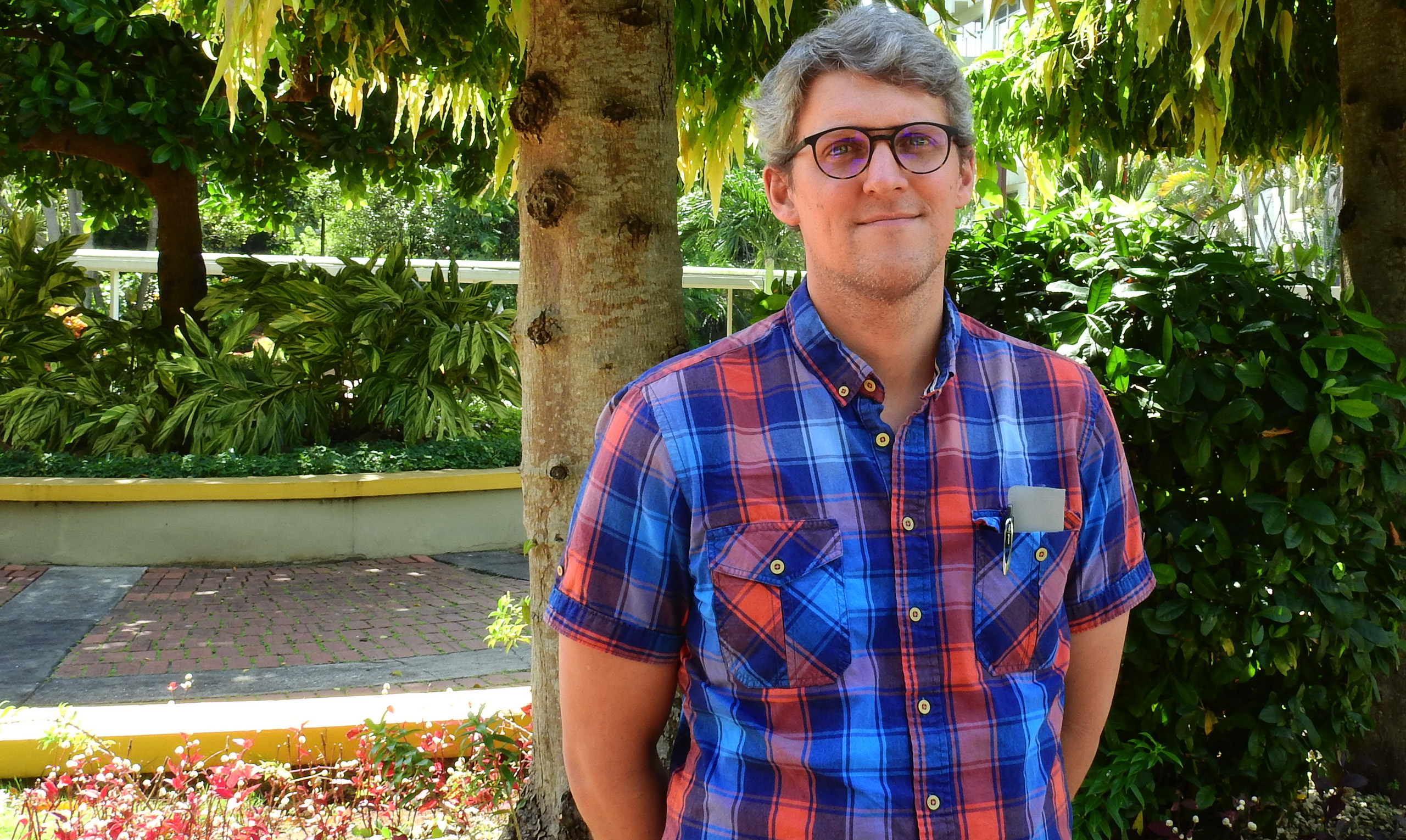Baby bats
Similar to human babies, this bat species learns to communicate through babbling and vocal imitation
Long-term monitoring of the bat species Saccopteryx bilineata in their natural setting revealed that pups display babbling behavior strikingly similar to that of human infants
Story location
Gamboa, BCI
Text by Leila Nilipour
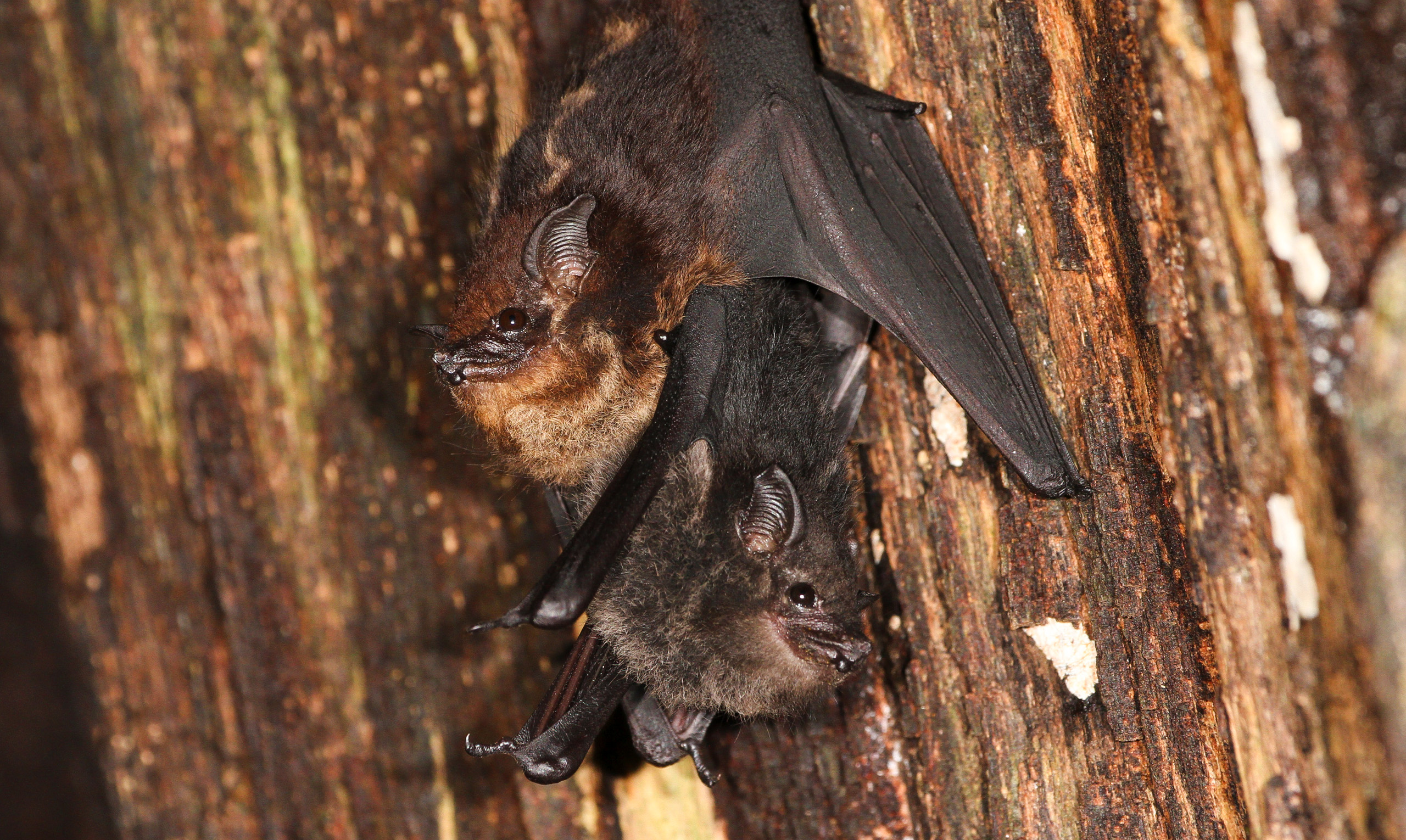 black
Rachel Page
black
Rachel PageBaby
bats



